Dell not convinced by Google Glass and smart watches
Firm willing to bide its time and focus on the long-term with thin-clients.
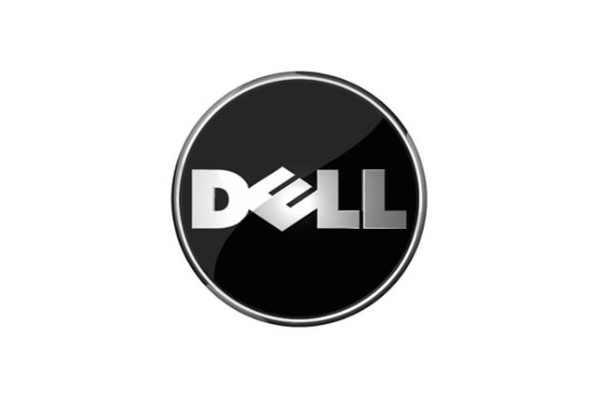
Dell isn't planning on rushing into the wearable technology market in 2014, with the firm questioning the productivity benefits of forthcoming companion devices.
"We're not absolutely convinced that you need to have a wristwatch with notifications popping up or that people need to start wearing glasses," Sam Burd, vice president and general manager of Dell's PC group told IT Pro.
"Wearable technology starts getting appealing if it's the primary device users can interact with. We're looking at things in the space, but we don't think it will displace PCs in the next year or that that it's a must-have for everyone."
There's still good innovation happening in the laptop market.
Despite the PC market experiencing shrinking sales, Burd said that Dell's business customers continue to ask for big screen devices such as All-in-Ones or 15in laptops.
"There's a lot being written about the death of the desktop but a lot of PCs are being sold. We continue to do things around form factor - from AiOs to small form factor designs. There's still good innovation happening in the laptop market with really thin and compact designs," he continued.
"There are instances where smaller 2-in-1s and tablets make sense [but] business users want big screen devices for productivity purposes."
Asked about his vision of the future, Burd said it could be possible that users will not have to carry around devices.
Sign up today and you will receive a free copy of our Future Focus 2025 report - the leading guidance on AI, cybersecurity and other IT challenges as per 700+ senior executives
"Imagine a world where you're not having to carry around a device around - there's [display] glass connected to infrastructure and it serves up content from secure data centres around the world. We could be sitting here with devices that are not ours, but which recognise us through our voice or facial recognition.
"We see the world moving that way, that's why we invested in Wyse - around thin client, things like VRTX infrastructure capability and our software and services. Is it three years, five years, 10 years? It always takes a little bit longer than you think."
-
 Why a Dell Pro laptop is all you need and more for 2026
Why a Dell Pro laptop is all you need and more for 2026With built-in NPUs and sturdy portability, Dell Pro laptops are a reliable tool for the future of productivity
-
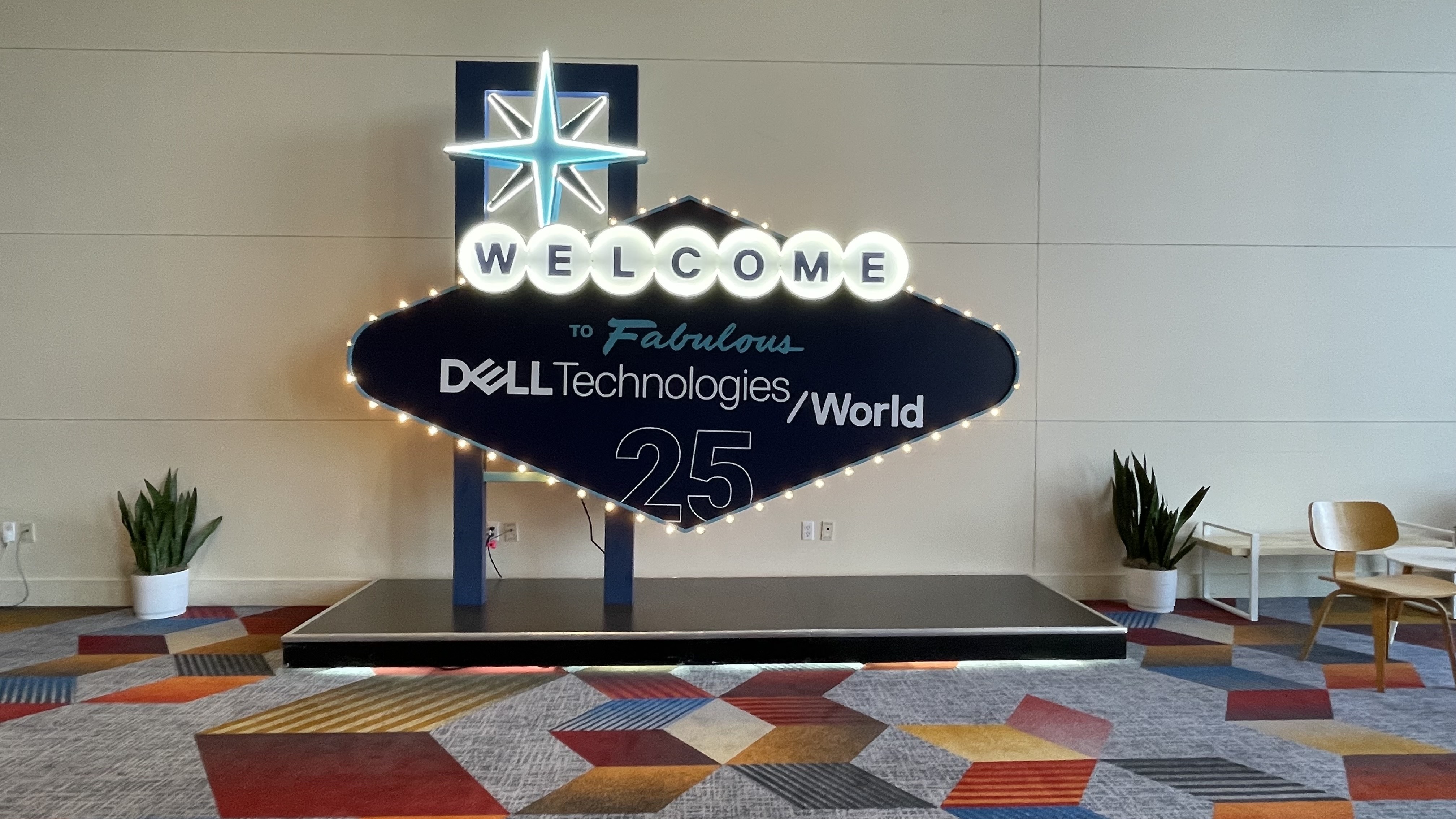 Dell Technologies World 2025 live – all latest news and updates live from the Venetian Conference Center, Las Vegas
Dell Technologies World 2025 live – all latest news and updates live from the Venetian Conference Center, Las VegasKeep up to date with the news and announcements from Day Two of Dell Technologies' annual conference as they happen
-
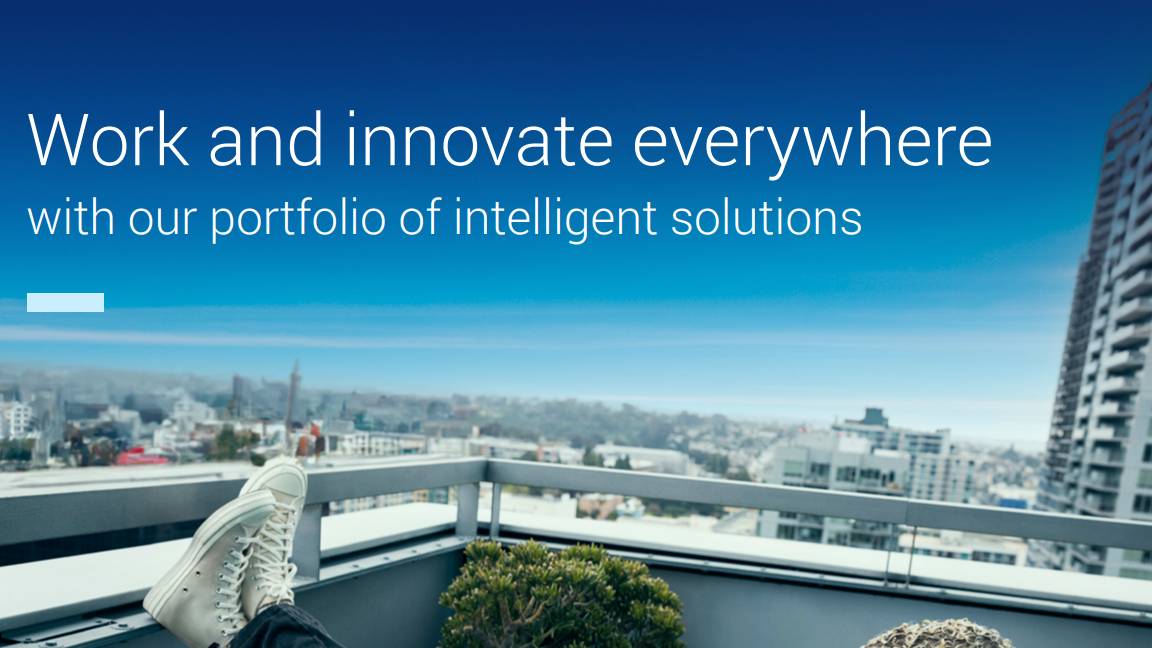 Work and innovate everywhere
Work and innovate everywherewhitepaper Protection across AI attack vectors
-
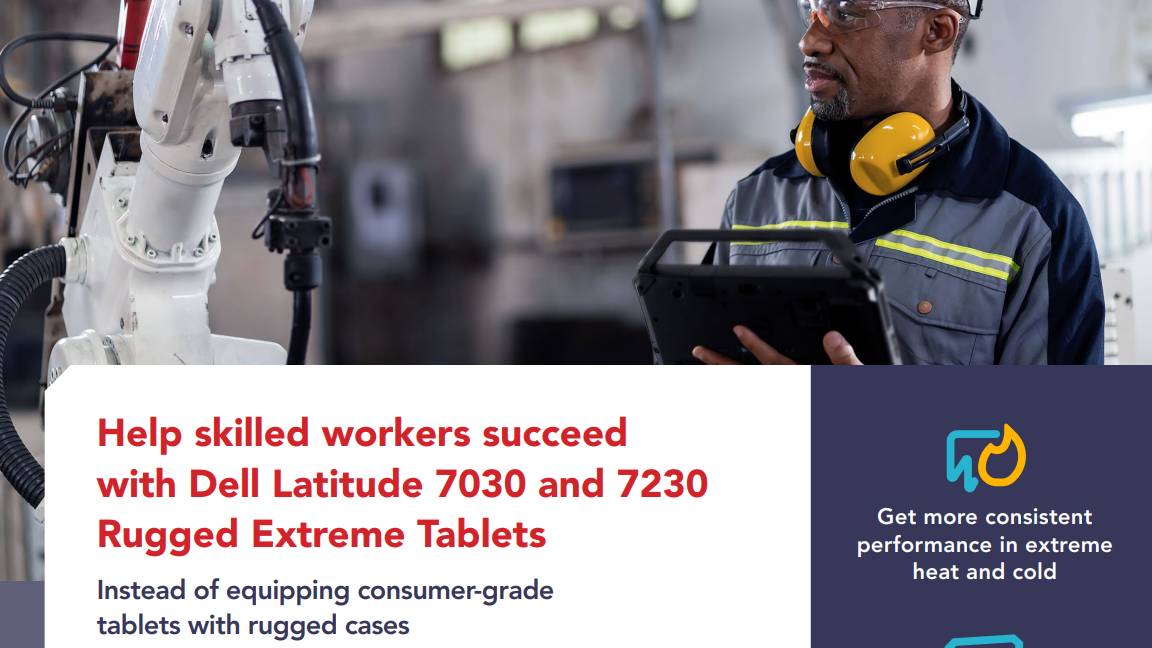 Help skilled workers succeed with Dell Latitude 7030 and 7230 Rugged Extreme tablets
Help skilled workers succeed with Dell Latitude 7030 and 7230 Rugged Extreme tabletswhitepaper Help skilled workers succeed with Dell Latitude 7030 and 7230 Rugged Extreme tablets
-
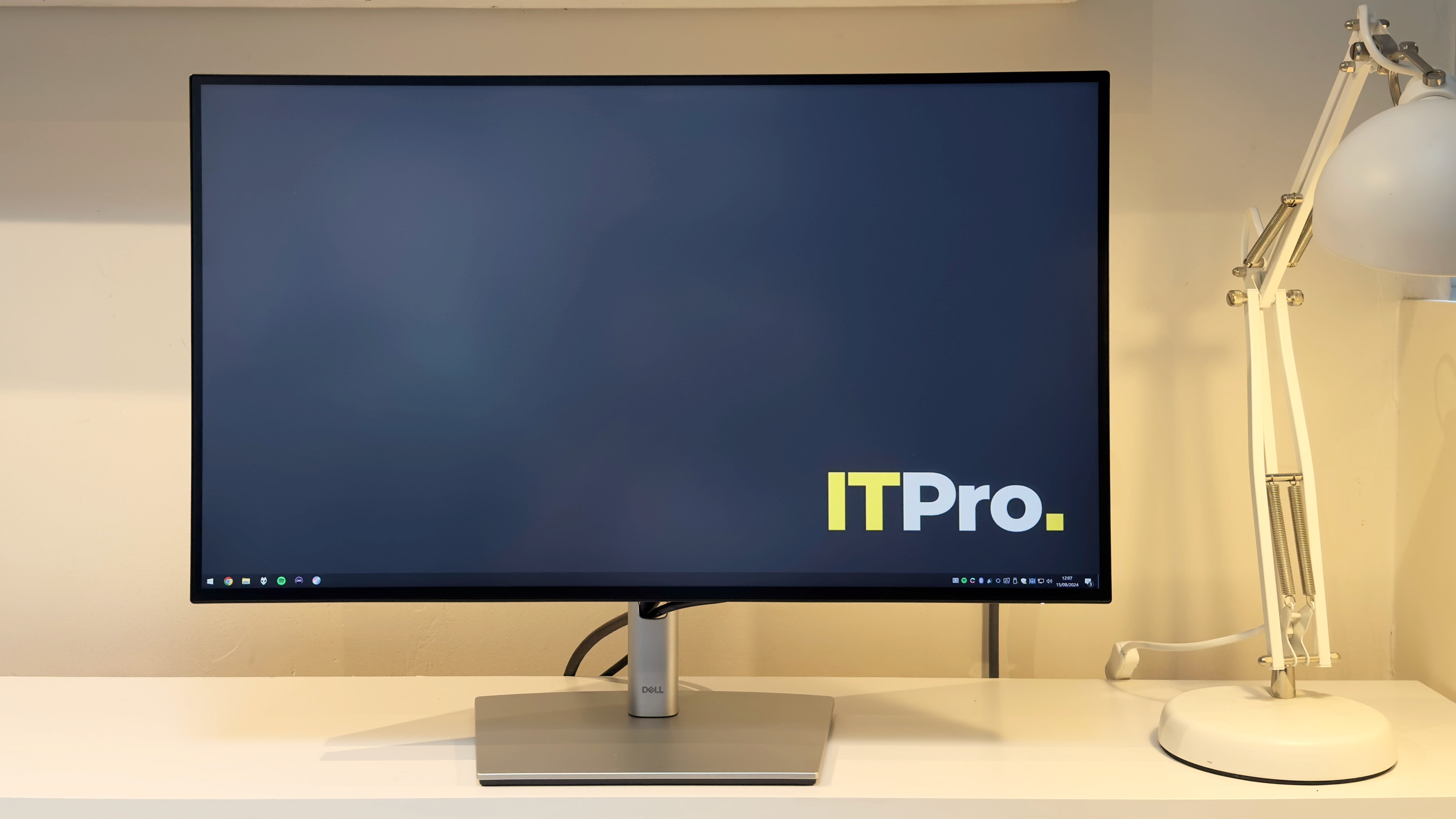
 Dell UltraSharp U2723QE monitor review: Feature-packed and 4K – but not quite perfect
Dell UltraSharp U2723QE monitor review: Feature-packed and 4K – but not quite perfectReviews Anyone needing respectable HDR performance or gaming-friendly features such as adaptive sync or high refresh rates should be looking elsewhere, the Dell U2723QE is just not that kind of monitor
-
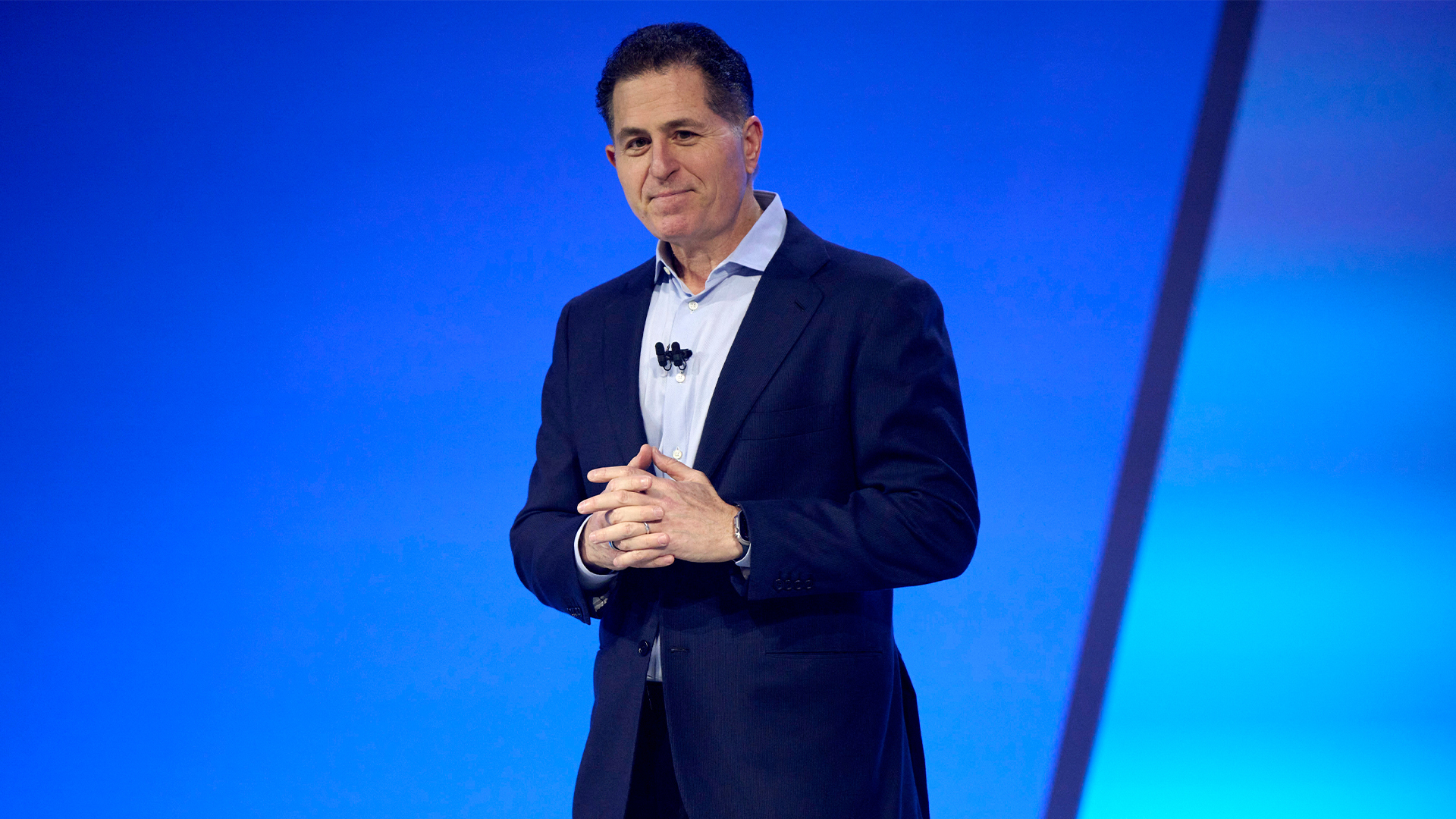 AI is paying dividends for Dell Technologies – booming server sales and rapid networking growth have taken the edge off a rocky period
AI is paying dividends for Dell Technologies – booming server sales and rapid networking growth have taken the edge off a rocky periodNews Despite a troubling period for Dell Technologies, the outlook remains positive amid surging enterprise demand for AI solutions
-
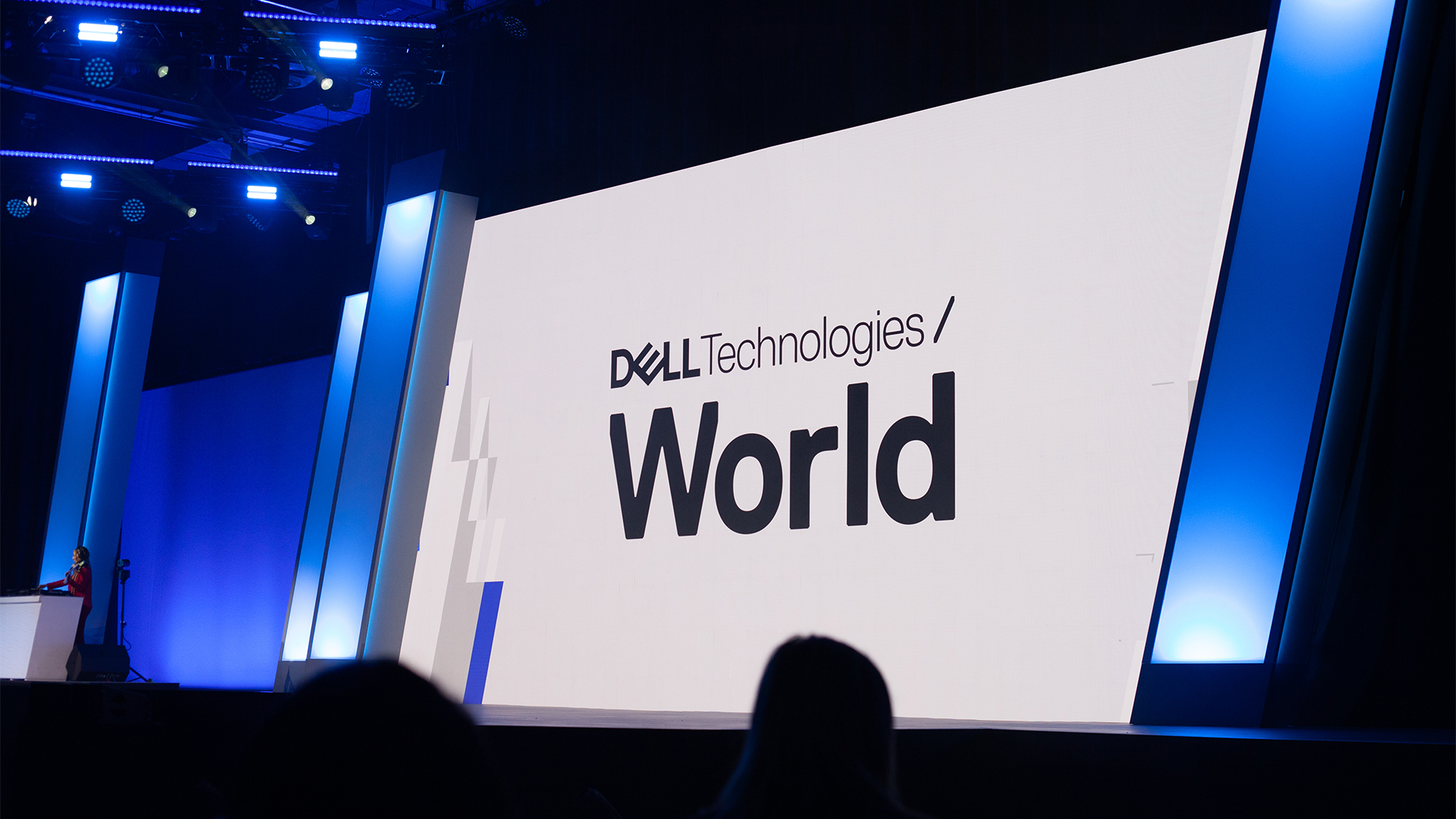 Dell Technologies World 2024 live: All the news and announcements from day-two
Dell Technologies World 2024 live: All the news and announcements from day-twoLive blog It's day-two at Dell Technologies World 2024 and we're live on the ground in Las Vegas - follow our rolling coverage for all the latest news, updates, and announcements
-
 Dell's Spring Sale: The right time to refresh
Dell's Spring Sale: The right time to refreshSave up to 20% off with these limited-time deals on PCs and more

